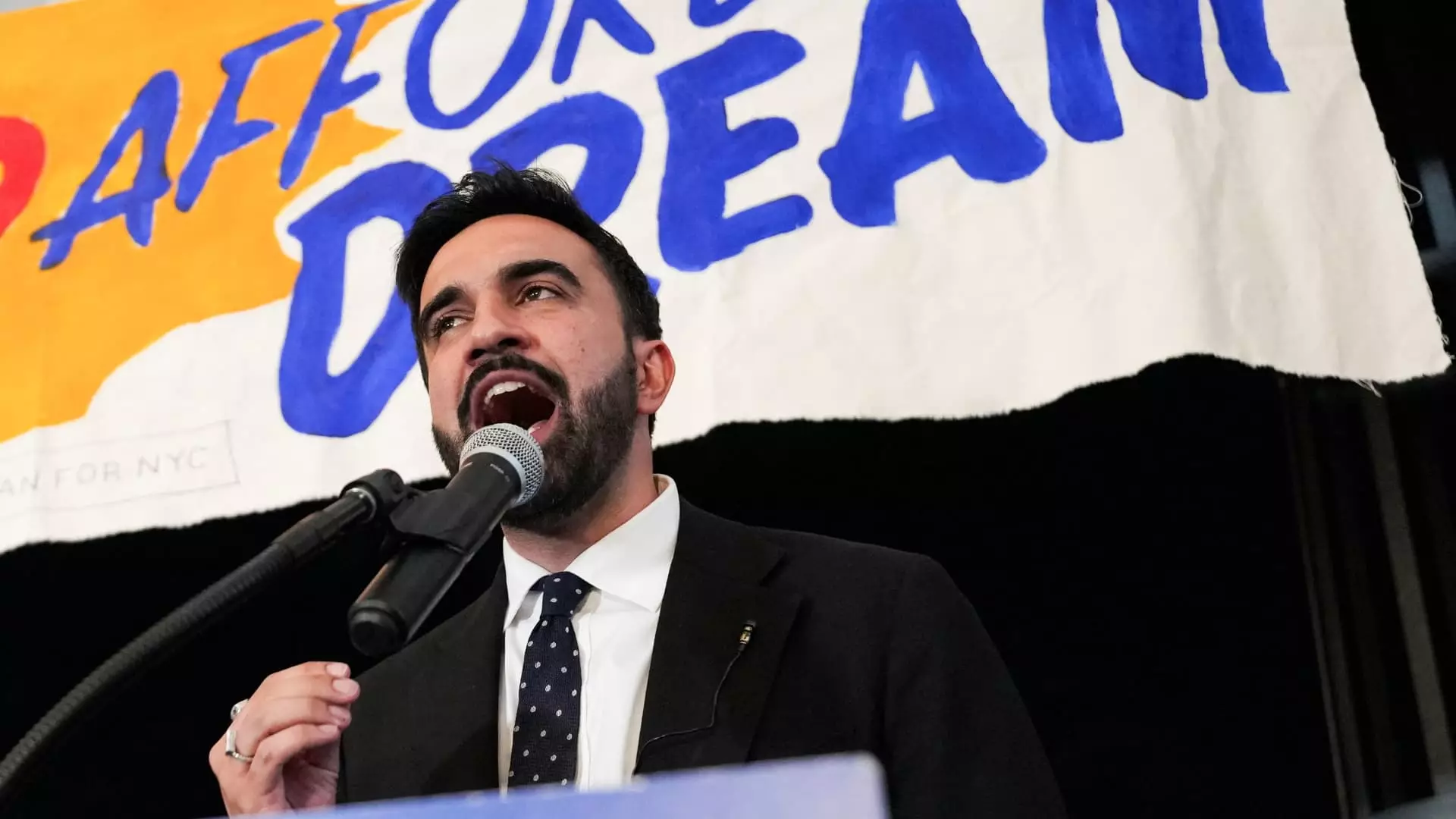When Donald Trump brands Zohran Mamdani “a communist” and warns that New York City will become “a communistic city” under his leadership, he’s not just distorting political realities—he’s engaging in dangerous hyperbole that undermines meaningful political discourse. Mamdani is not a communist but a democratic socialist, a faction within the Democratic Party that advocates for more progressive economic policies within a democratic framework. Reducing his platform—which includes tax reforms and expanded public services—to “communism” betrays a simplistic worldview more invested in fear-mongering than engaging with actual policy differences. This tactic not only misinforms voters but also fuels polarization by demonizing opposition rather than debating ideas.
Progressive Momentum and the Fear of Change
Mamdani’s surprising victory against Andrew Cuomo, despite Cuomo’s endorsements from influential Democrats, signals a broader shift in urban political landscapes—where many voters express frustration with entrenched political elites and seek bold solutions to systemic issues such as housing affordability and economic inequality. Mamdani’s policy proposals, including a rent freeze and increasing taxes on the wealthy and corporations, stem from genuine worries common to New Yorkers struggling with affordability and access to essential services. The panic from business leaders and investors, who threaten to leave the city if Mamdani wins, reveals a misplaced prioritization of profits over people. Such reactions underscore that much of the resistance to progressive campaigns boils down to protecting established economic interests rather than addressing the needs of everyday residents.
The Complexity Behind New York’s Political Crossroads
The mayoral race is further complicated by incumbent Eric Adams’s controversial position. Having turned independent and facing federal corruption charges that were dismissed under contentious circumstances, Adams embodies the messiness of New York politics. The Justice Department’s move to drop the indictment—perceived by some as a bargain to secure cooperation on immigration enforcement—raises serious questions about governance, accountability, and political expediency. Meanwhile, Cuomo’s hesitation to enter the race not as a Democrat but possibly as an independent adds yet another layer of unpredictability. This fragmentation strains the city’s already fragile political unity, making the upcoming election not just a contest of policies but a battle over the very integrity and direction of city leadership.
The Real Stakes: Governance, Equity, and Vision
Beyond the name-calling and political posturing lies a fundamental choice for New Yorkers: whether their city will prioritize inclusive governance that addresses systemic inequities or succumb to the pressures of protecting vested economic interests at the expense of its resident population. Mamdani’s platform reflects a vision that disrupts the status quo—a necessary challenge in a city where gentrification, wealth disparity, and public service shortfalls persist. Instead of fixating on ideological labels like “communism,” the debate should focus on who New York’s leaders are fighting for. Are they champions of the wealthy few, or advocates for the many struggling to live and thrive in the city?
Why Labels Distract from Real Progress
In contemporary American politics, especially in polarized urban centers, lazy labeling like Trump’s “communist” smear attempts to dismiss progressive candidates with no substantive engagement. Such tactics cynically dodge the urgent conversations on how to tackle affordable housing, public transportation, and economic fairness. These issues don’t require ideological extremism; they demand pragmatic, thoughtful solutions. By neutrally lumping democratic socialism with communism, the conversation is derailed, and the electorate is misled away from grappling with the complex realities New Yorkers confront daily.
Looking Beyond Scare Tactics to Thoughtful Civic Engagement
New York’s mayoral election exemplifies a trend facing many cities grappling with inequality and political disillusionment. Voters are understandably seeking leaders unafraid to propose systemic change, even if that challenges entrenched power structures. The easy but misleading narrative of radical extremism obscures the genuine debate over how cities should evolve and serve their inhabitants. It’s essential that citizens look past incendiary rhetoric and critically evaluate candidates on their platforms, experiences, and visions for the future—not on reductive labels designed to trigger fear instead of informed dialogue.

Leave a Reply